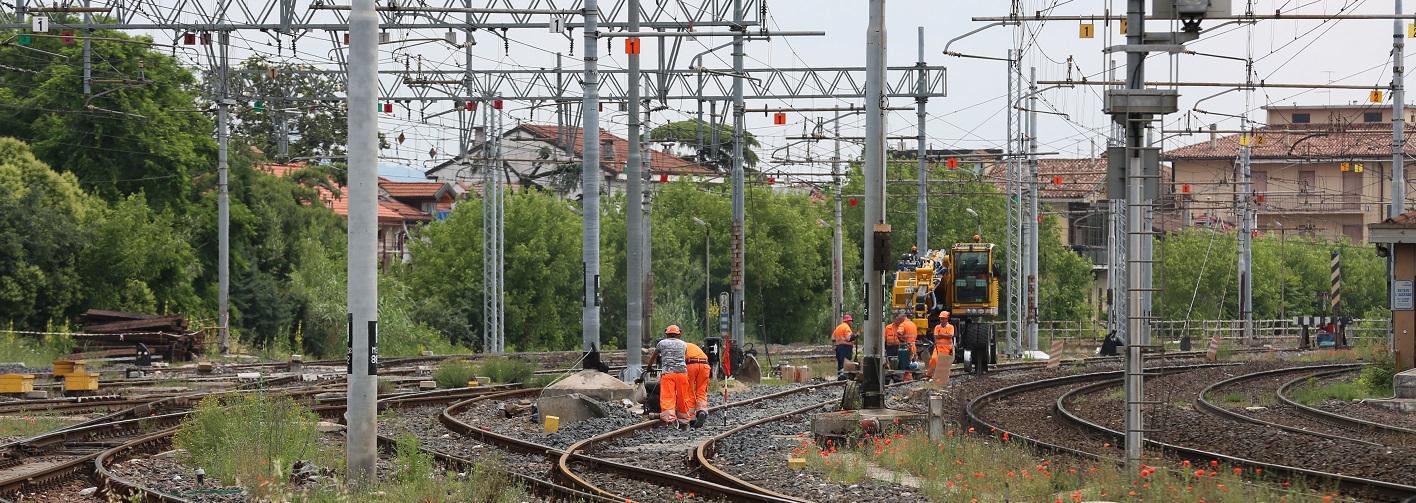Our rail network maintenance and development operations are aimed at ensuring rational use of natural resources and minimising the negative impact of activities on the environment in all its features (landscape, urban, hydrogeological, etc.).

Through a nationwide presence, involving both our staff and our suppliers, we are able to maintain constant dialogue and collaboration with the main stakeholders in environmental matters (government and local authorities), to encourage dialogue with associations and bodies representing passengers and the community, and to promote coordination with other FS Group companies.